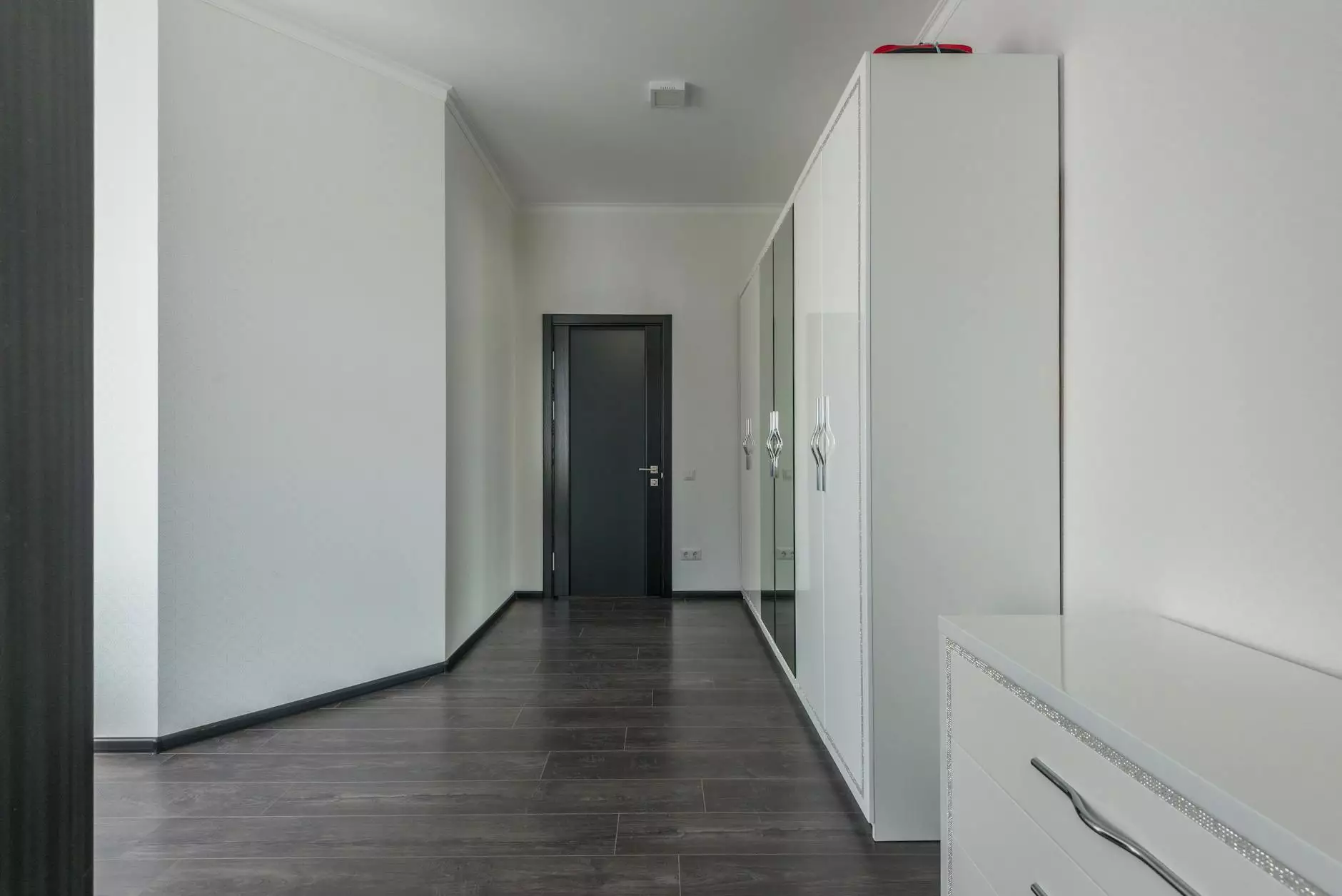Applying Residency in the UK: The Complete Guide

Understanding the process of applying residency in the UK can be a significant endeavor for many individuals. It involves various procedures, legal documentation, and requirements that vary depending on your specific circumstances. This comprehensive guide aims to provide you with valuable insights, step-by-step instructions, and useful tips to make the application process as smooth as possible.
1. Understanding Residency in the UK
Residency in the UK generally refers to the status that allows individuals to live and work in the country without restrictions. This status can be granted through different means, including but not limited to:
- Work Visas: For those who wish to work in the UK.
- Family Visas: For individuals who have family members that are UK residents or citizens.
- Student Visas: For those pursuing education in UK institutions.
- Refugee Status: For those seeking protection due to severe risks in their home countries.
2. Eligibility Criteria for Applying Residency in the UK
Before you initiate your application for residency, it is crucial to determine your eligibility. Each visa category has its unique requirements, but some common criteria include:
- Legal Status: You must be in the UK legally at the time of your application.
- Financial Stability: Evidence of sufficient funds to support yourself (and your family, if applicable) without public funds.
- Language Proficiency: Demonstrating proficiency in English, typically through standardized tests.
- Good Character Requirement: You must not have any serious criminal convictions.
3. Types of Residency Applications
As mentioned earlier, there are various paths to obtaining residency in the UK. Below, we delve deeper into some of the main types of residency applications:
3.1. Work Visa Applications
If you have received a job offer from a UK employer, you may be eligible for a work visa. The most common types are:
- Skilled Worker Visa: For individuals with a job offer in a skilled occupation.
- Intra-company Transfer Visa: For employees of multinational companies transferring to the UK branch.
- Health and Care Worker Visa: For healthcare professionals coming to work in the NHS.
3.2. Family Visa Applications
If you are joining family members who are UK citizens or settled residents, you could apply for a family visa. This category often includes:
- Spouse or Partner Visa: For those married to or in a long-term relationship with a UK resident.
- Child Visa: For children of UK residents.
3.3. Student Visa Applications
For those coming to the UK for education, the Student Visa allows you to stay while you study at a recognized institution. Criteria include:
- Acceptance: A confirmed offer of a place at a recognized educational institution.
- Financial Proof: Evidence to support your living costs.
4. The Application Process for Residency in the UK
Once you have ascertained your eligibility and chosen the appropriate visa category, the next step is to understand the application process.
4.1. Gather Required Documents
Each visa type has specific requirements for documentation. Some common documents you may need include:
- Passport: A valid passport and any previous passports if relevant.
- Proof of Financial Means: Bank statements, pay slips, or sponsorship letters.
- Language Test Results: Proof of English proficiency.
- Accommodation Details: Evidence of living arrangements in the UK.
- Health Surcharge: Payment receipts for the Immigration Health Surcharge (IHS).
4.2. Complete the Application Form
The next step involves filling out the appropriate application form. The form will require you to provide detailed information about your background, reasons for applying, and your plans in the UK.
4.3. Biometrics Appointment
As part of the application, you will likely need to schedule a biometrics appointment. During this appointment, your fingerprints and photographs will be taken as part of your identity verification process.
4.4. Submit Your Application Fee
Be prepared to pay the application fee, which varies depending on the visa type. Check the official government website for the most current fees.
5. After Submitting Your Application
Once you have submitted your application, you may feel anxious about the response timeline. Here is what you can generally expect:
- Processing Times: Processing times can vary based on the visa type. Typically, it may take a few weeks to several months.
- Request for Additional Information: Sometimes, the Home Office may request more documents or information, which could delay the process.
- Decision Notification: Once a decision has been made, you will be notified via email or letter. If approved, you will receive details about your residency status.
6. Preparing for Living in the UK
If your application for residency in the UK is successful, it's time to prepare for your new life. Here are some key aspects to consider:
6.1. Understanding the Cost of Living
The cost of living in the UK can vary significantly depending on the area. Major cities like London tend to be more expensive than rural areas. You'll need to budget for:
- Housing: Rent or mortgage payments.
- Utilities: Electricity, water, heating, and internet.
- Transportation: Public transport or car expenses.
6.2. Setting Up a Bank Account
Having a UK bank account is essential for managing your finances and receiving payments. You will typically need:
- Proof of Identity: Passport and/or residence permit.
- Proof of Address: Utility bill or rental agreement.
6.3. Healthcare Access
As a resident, you will have access to the NHS (National Health Service). However, remember to register with a local General Practitioner (GP) to ensure continuity of care.
7. Common Challenges in Applying for Residency in the UK
The application process for residency can be complex. Here are some challenges and how to overcome them:
7.1. Documentation Issues
Ensure you have all required documents prepared accurately. Consider seeking assistance from immigration advisors if needed.
7.2. Financial Requirements
Meeting the financial criteria can be tricky. Be prepared to provide extensive proof of funds availability.
8. Conclusion
Applying for residency in the UK can be a daunting task, but understanding the process in detail and being well-prepared can significantly enhance your chances of success. Remember to stay updated on changes in immigration laws and processes, and don't hesitate to seek professional help if needed. With determination and thorough preparation, you can successfully navigate this path to a new chapter in your life in the United Kingdom.
applying residency in uk








